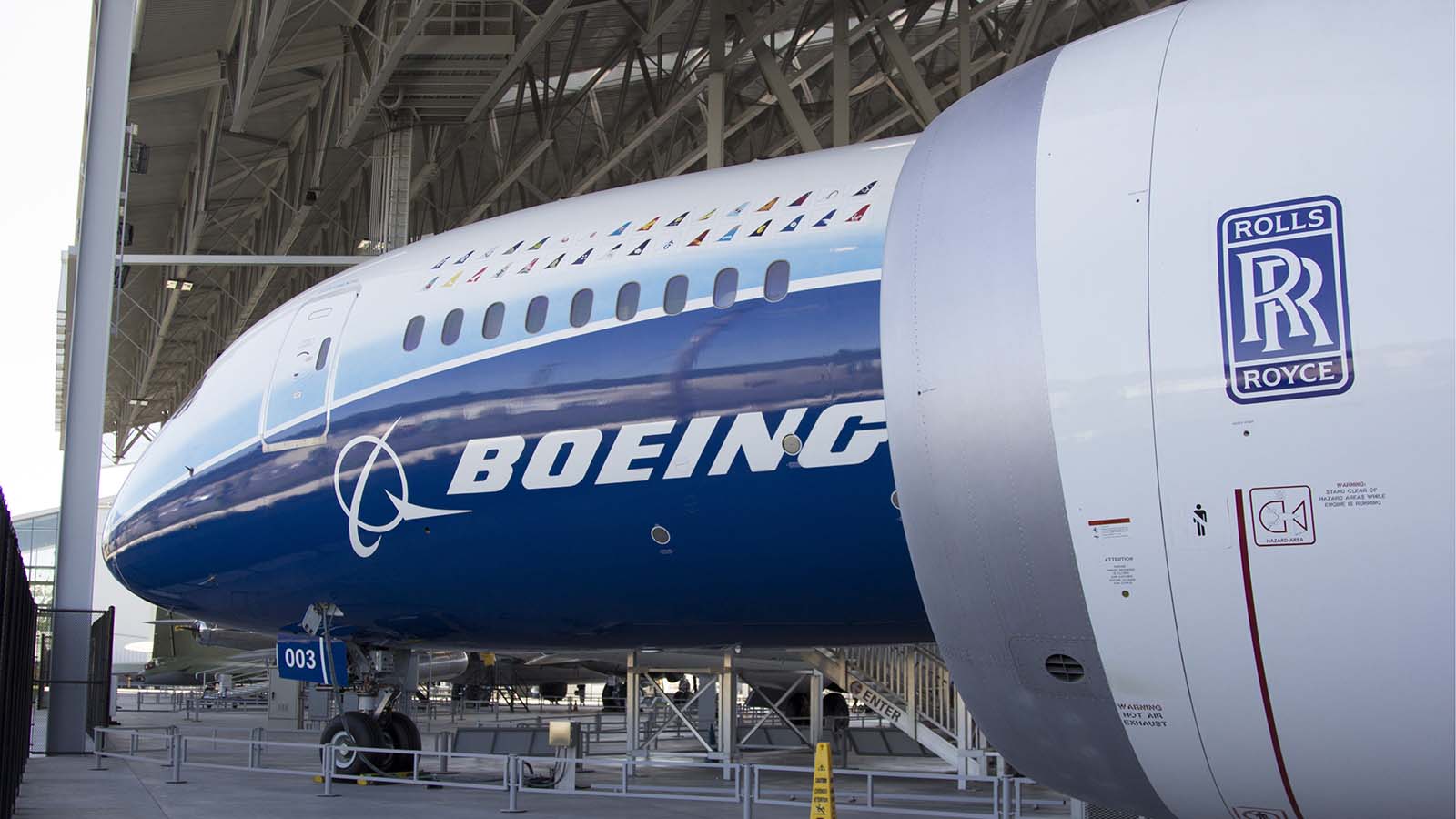Boeing (NYSE:BA) has fallen 36% this year. As a result of its collapse in 2020, Boeing stock has now underperformed the markets as a whole in every period Morningstar tracks over the past 15 years.
How the mighty have fallen! And I’m one of the casualties of the decline.
Long bullish on the company, in February 2019 I identified seven reasons why investors should have Boeing in their portfolios. In my defense, that was before both 737 MAX crashes, a grounding of the MAX worldwide, and the novel coronavirus.
In March, I clung to my optimism about Boeing, suggesting that BA stock could get back to the $300s by June or July once the 737 MAX was back and flying. Boeing was trading at $281 at the time and the travel industry had yet to fall off a cliff.
I think now could be the time to ride Boeing to big profits. That’s because a recent Wall Street Journal article suggests that Boeing and its arch-rival, Airbus (OTCMKTS:EADSY), will be the first to benefit from an aerospace recovery.
If that’s the case, trading at one of the lowest points in the past four years, Boeing could be worth buying. And even though I’m probably the last person who should be giving an opinion on the subject, here are my views on it.
Boeing Is in the Catbird Seat
Credit Suisse analyst Robert Spingarn believes that Boeing and Airbus will be the first to benefit from a return to good times in the aerospace industry. He thinks that, once the demand for air travel comes close to its pre-pandemic levels, the airlines will be looking to buy new aircraft so that a majority of their fleet is under warranty and not as susceptible to breaking down.
It seems counterintuitive for airlines struggling to find cash flow to spend money on expensive aircraft. But the airlines won’t be able to convince millions of people to return to flying with outdated planes and high prices.
Southwest Airlines (NYSE:LUV) CEO Gary Kelly believes the 737 Max will be back flying sometime between October and the end of the year. The airline has more than 360 planes that it has either ordered or has an option to order. It wants to start flying the 737 MAX.
“The MAX return to service work continues and we’re hopeful that it will be flying by the fourth quarter. It’s a great airplane. It’s a superior airplane to the Next Generation 737 that we’re currently operating. It’s the most cost effective plane in terms of fuel and maintenance, and provides a great customer experience,” Kelly stated in a May 29 company video.
And why wouldn’t he be positive about the jets? Boeing paid Southwest $300 million of compensation for the delays and provided the airline with generous pricing on the 48 737 MAX aircraft that Southwest expects to take delivery of by the end of 2021.
When the 737 MAX returns, travelers can expect to pay low prices for seats on it. So Boeing’s super-efficient aircraft will be attractive to the airlines and passengers.
Boeing’s Got a Long Road Ahead
The more mainstream opinion on Wall Street is that Boeing is going to be severely hurt by the downturn in travel.
Canaccord analyst Ken Herbert recently cut his 12-month target price on Boeing stock by $20 to $155. Hebert has a “hold” rating on the shares.
Herbert noted that Boeing has -255 orders so far in 2020. For those who earn their livings in sales or retail, negative numbers are never good. In Herbert’s opinion, Boeing’s orders won’t increase until next year. He thinks the company’s 2022 and 2023 production projections are “overly ambitious.”
Boeing’s stock price can still go lower, and the analyst is right to be cautious about the company’s current environment.
The Bottom Line on Boeing Stock
It’s amazing how quickly a business’s success can turn to failure. Boeing was going along, generating huge amounts of free cash in 2018, and then the 737 MAX’s defects caused crashes. Add Covid-19, and there was a recipe for disaster.
I find it’hard to imagine anyone wanting to get on an airplane and travel.
However, many people have no choice. Not to mention, those in North America can’t drive to Europe or Australia to visit people there.
Moreover, Boeing and Airbus operate in an industry with massive barriers to entry. Building planes isn’t cheap. Eventually, Boeing will generate free cash flow again; when it does, its share price will once again take flight.
Having failed miserably at predicting the future direction of Boeing’s stock, I’m not about to say what investors should do at this point.
What I do know is that Boeing represents what American manufacturing is all about — and that’s got to be worth a great deal.
Will Ashworth has written about investments full-time since 2008. Publications where he’s appeared include InvestorPlace, The Motley Fool Canada, Investopedia, Kiplinger, and several others in both the U.S. and Canada. He particularly enjoys creating model portfolios that stand the test of time. He lives in Halifax, Nova Scotia. At the time of this writing Will Ashworth did not hold a position in any of the aforementioned securities.
